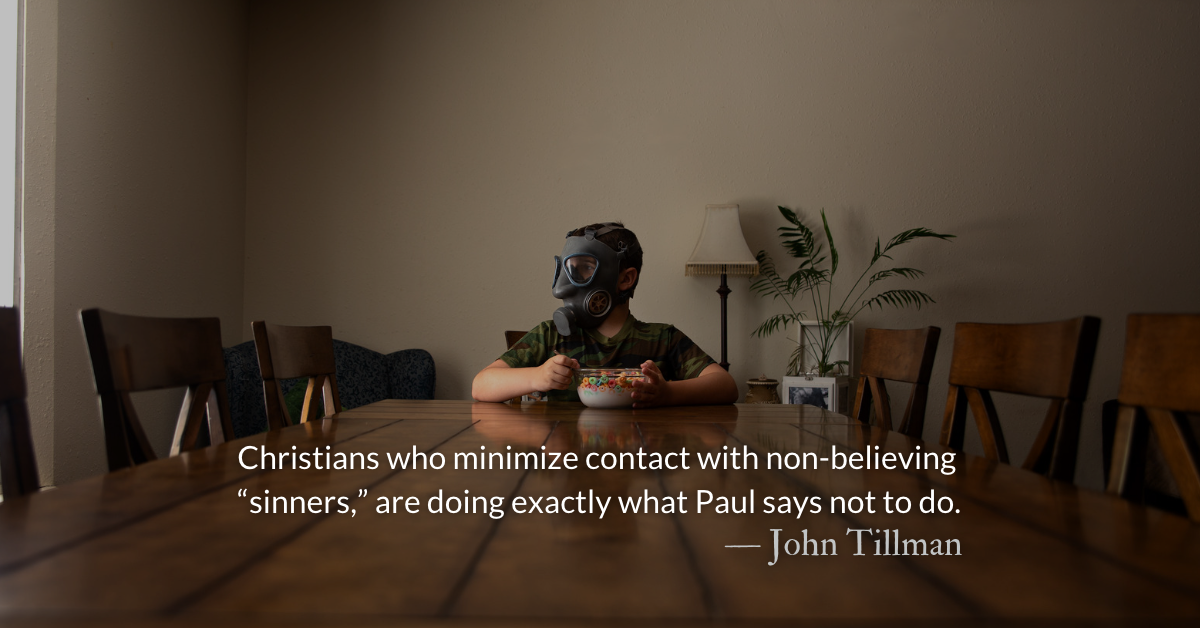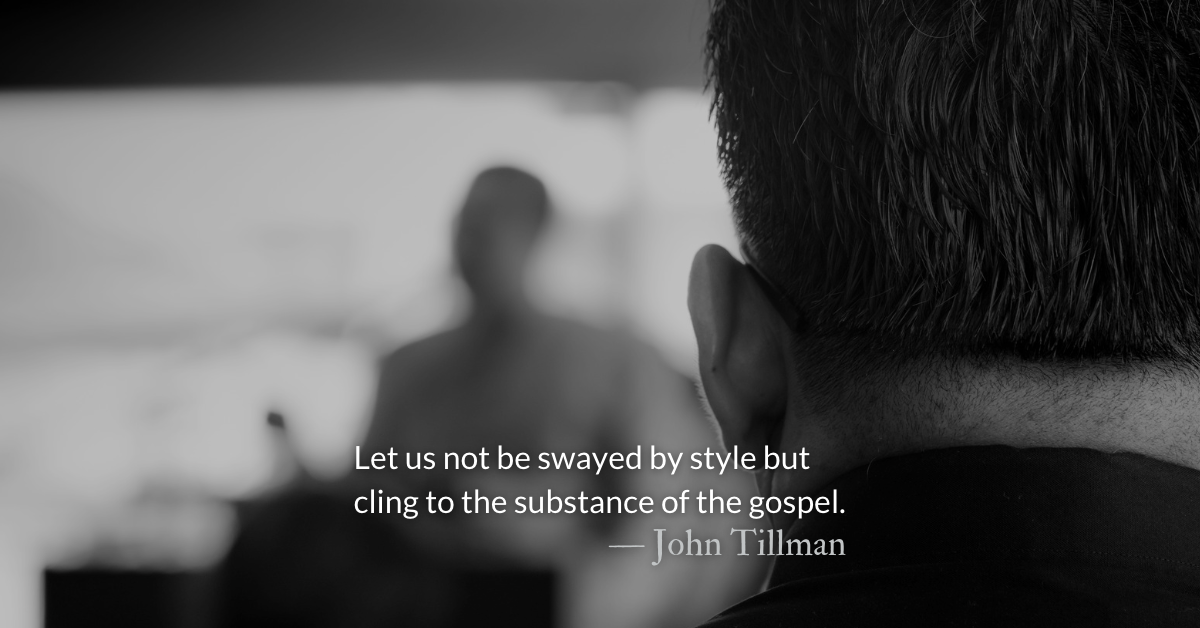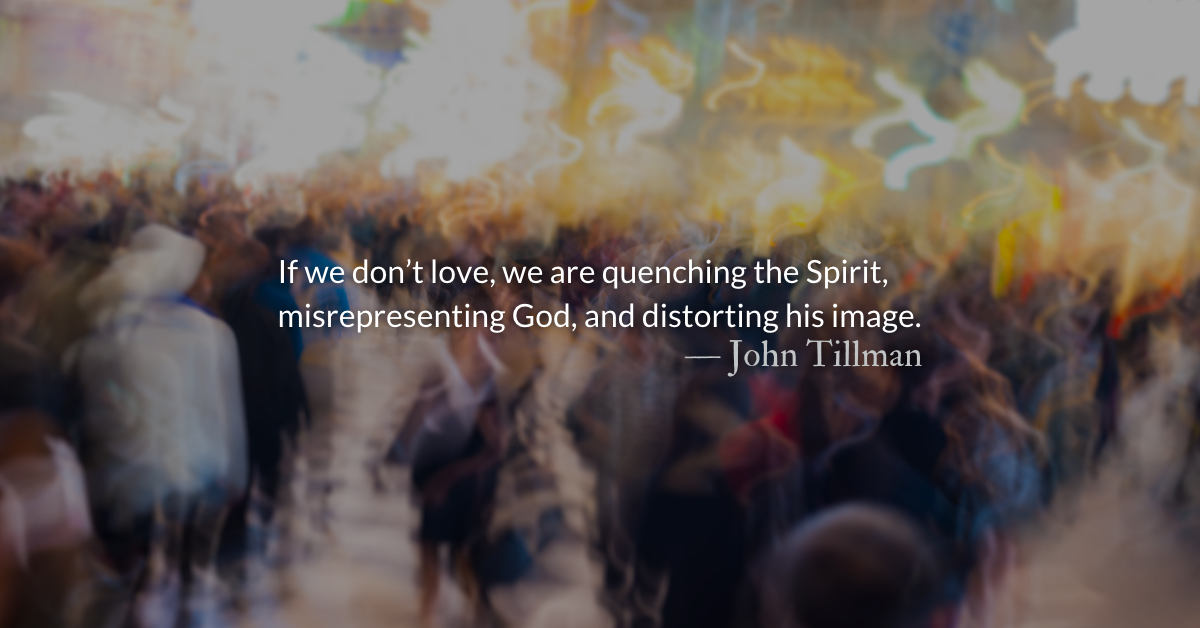Scripture Focus: 1 Corinthians 5.9-10
9 I wrote to you in my letter not to associate with sexually immoral people—10 not at all meaning the people of this world who are immoral, or the greedy and swindlers, or idolaters. In that case you would have to leave this world. 11 But now I am writing to you that you must not associate with anyone who claims to be a brother or sister but is sexually immoral or greedy, an idolater or slanderer, a drunkard or swindler. Do not even eat with such people.
From John: Like many others we have spent the weekend mourning the passing of Tim Keller. And he will not leave our thoughts anytime soon. I never had the pleasure of meeting or interacting with him, but The Park Forum began in New York and our ministry owes Keller and Redeemer Church a debt of gratitude for inspiration and support. I’ve personally been blessed to listen to and read much of Tim’s writing, speaking, and interviews. Many of the ways I have learned to speak and write about the Bible have been indirectly gleaned from the edges of his fields. I hope to share a margin of his abundant crops of grace, humility, and hope. At the resurrection, when all is set right, one of the wrongs corrected will be the loss we feel now. His faith is now sight…as ours, one day, shall be.
Reflection: Sins to Avoid
By John Tillman
Pause for a moment and summon up your feelings about the sexual sin of incest.
Think about how destructive it is, about how often it is rooted in or leads to abuse, and about how, even in our sexually freewheeling culture, it is considered repulsive….
In this letter to Corinth, sexual sins take the forefront because Paul is addressing a case of incest, a specific kind of sexual sin. But Paul hardly ever mentions sexual sins without also mentioning sins involving power, idolatry, and wealth. The most skipped-over words in the fifth chapter of 1 Corinthians may be “or the greedy and swindlers, or idolaters.”
Paul, in comparison to incest, considers greed and idolatry to be equally repulsive, equally abusive, equally destructive, equally sinful, and an equal cause for church discipline.
It’s uncomfortable to think about sins that we are prone to as spiritually equivalent to incest. Most Christians affirm the belief that “sin is sin,” meaning all sins are the same before God. However, we tend to see the sins of others as having great and terrible import, while minimizing, excusing, and normalizing our own sins.
According to Paul we should be as uncomfortable with greed and idolatry as we are with incest and other sexual sins. But are we? Are you greedy and a Christian? Paul advises other Christians not to eat with you. When was the last time someone was disfellowshipped from a church for greed? When was the last time Christians boycotted something due to greed?
Paul does not encourage boycotts or avoiding non-Christians who are active in sin. Only believers who are unrepentantly continuing in sin are subject to this treatment. Christians with an isolationist subculture mentality, who minimize contact with non-believing “sinners,” are doing exactly what Paul says not to do.
We should also remember that removing fellowship, in Paul’s view, was an intentional effort to warn and correct others—to win them back through repentance.
May we never expect non-Christians to live differently before we show them love.
May we be gracious to one another as we face the conviction of the Holy Spirit in areas of serious sins, such as sexual sin, greed, and idolatry.
May we stand for the Christian sexual ethic without abandoning other ethical stances that scripture holds as equally important.
Divine Hours Prayer: The Refrain for the Morning Lessons
Then shall all the trees of the wood shout for joy before the Lord when he comes, when he comes to judge the earth. — Psalm 96.12
– From The Divine Hours: Prayers for Springtime by Phyllis Tickle.
Today’s Readings
Numbers 31 (Listen 5:52)
1 Corinthians 5 (Listen 1:58)
Read more about Return From Financial Sins
“Greed is good,” is still the mantra of our culture. Financial sins have to be outlandish before anyone cares.
Read The Bible With Us
Join our Bible reading plan. Immerse in the Bible with us at a sustainable, two-year pace.











